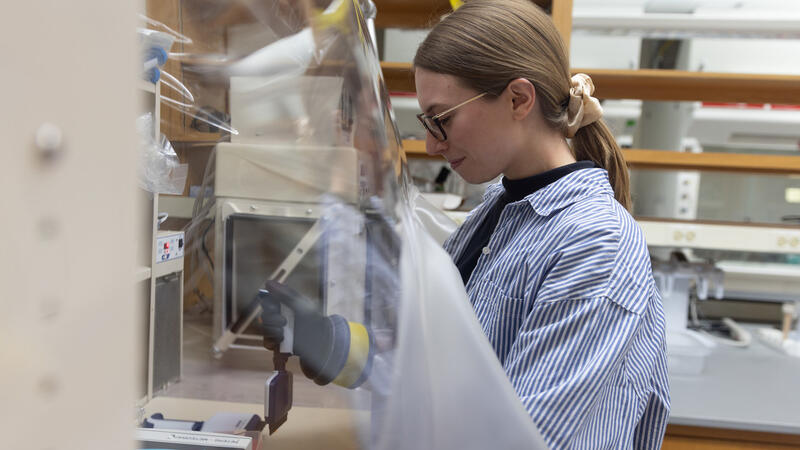News
Amy Enright wins GLBRC early career award
What does it mean to foster an environment that truly feels welcoming? For Yiying Xiong, associate director of the Great Lakes Bioenergy Research Center, it all comes down to treating a team of coworkers like they are part of a family. Xiong spoke with us about her experiences nurturing these families in the hydropower industry and now academic research.
An integrated approach to land management practices in the U.S. can reduce carbon dioxide in the atmosphere far more than earlier estimates based on separate approaches, Great Lakes Bioenergy Research Center (GLBRC) researchers say. Their research was published May 31 in the journal Global Change Biology.
The Outreach and Service Awards are given annually to members of the Great Lakes Bioenergy Research Center (GLBRC) who have made significant contributions to the Center’s outreach and service mission.
“We know more about Saccharomyces cerevisiae, or brewer’s yeast, than just about any other organism,” says Francesca Gambacorta, a graduate student in Brian Pfleger’s lab at the Great Lakes Bioenergy Research Center.
Biomass can be used to sustainably produce common chemicals instead of oil, but it is unclear which chemicals are most crucial to replace. Now, a Princeton researcher has created a way to rank the chemicals based on the carbon emissions of their production processes.
Thirteen University of Wisconsin–Madison scholars have been elected fellows of the American Association for the Advancement of Science.




